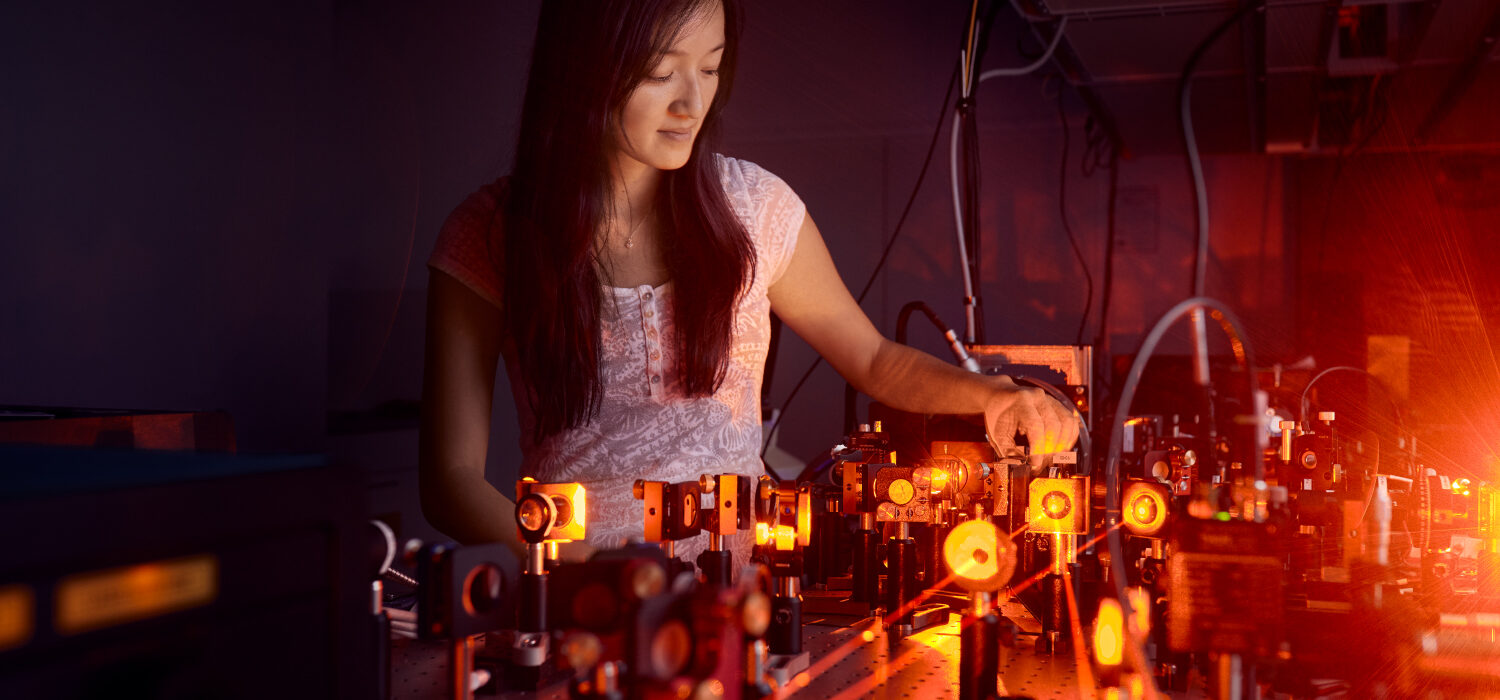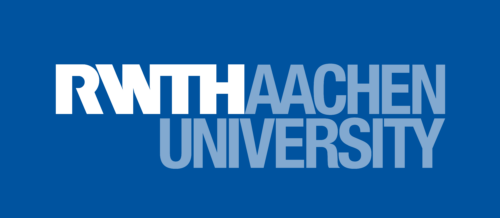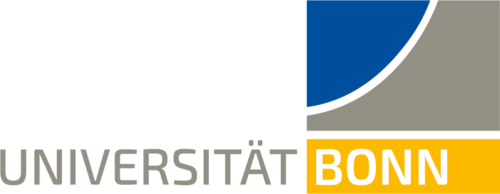
ML4Q


Matter and Light for Quantum Computing
Using the principles of quantum mechanics, it is the long-term goal of ML4Q to develop new computing and networking architectures with a power beyond anything classically imaginable. Quantum computers could be powerful tools in key areas such as materials design, pharmaceutics, or artificial intelligence. Quantum communication could be made effectively secure. ML4Q uilds on the complementary expertise in the three key research fields of solid-state physics, quantum optics, and quantum information science to develop the best hardware platform for quantum information technology, and provide comprehensive blueprints for a functional quantum information network.
The scientific structure of ML4Q spans four Focus Areas, each addressing a specific set of problems relevant to the cluster’s mission. All Focus Areas include theoretical as well as experimental components and transcend the boundaries of disciplines and institutions.
Focus Area 1 aims to identify and explore novel topological hardware platforms for quantum information processing, including hybrid structures of topological insulators and superconductors as well as the ways to realize parafermions. Focus Area 2 aims to realize Majorana qubits as a promising alternative to superconducting qubits or spin qubits. In parallel, protocols for readout, manipulation, and error correction are designed. Focus Area 3 designs novel schemes of quantum control, error correction and mitigation. It investigates the operation of quantum devices under realistic noisy environmental conditions and explores topological and computational quantum matter subject to external driving. Focus Area 4 focuses on the linkage of quantum processing units. Specifically, it takes steps towards realizing integrated atomic/optical and solid-state platforms and implementing quantum links between heterogeneous qubit setups
Involved Institutions:
- Forschungszentrum Jülich
- Heinrich-Heine-Universität Düsseldorf
Podcast on the Cluster of Excellence
Click on the button to load the content from Podigee.




